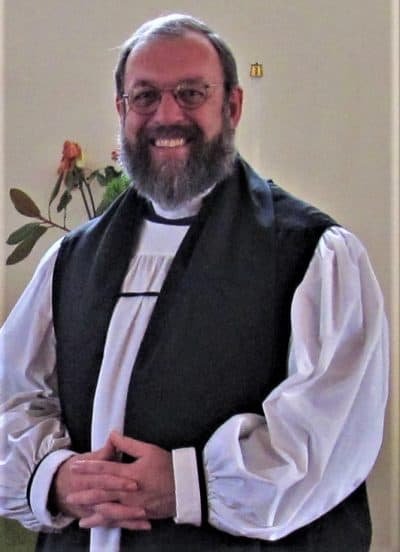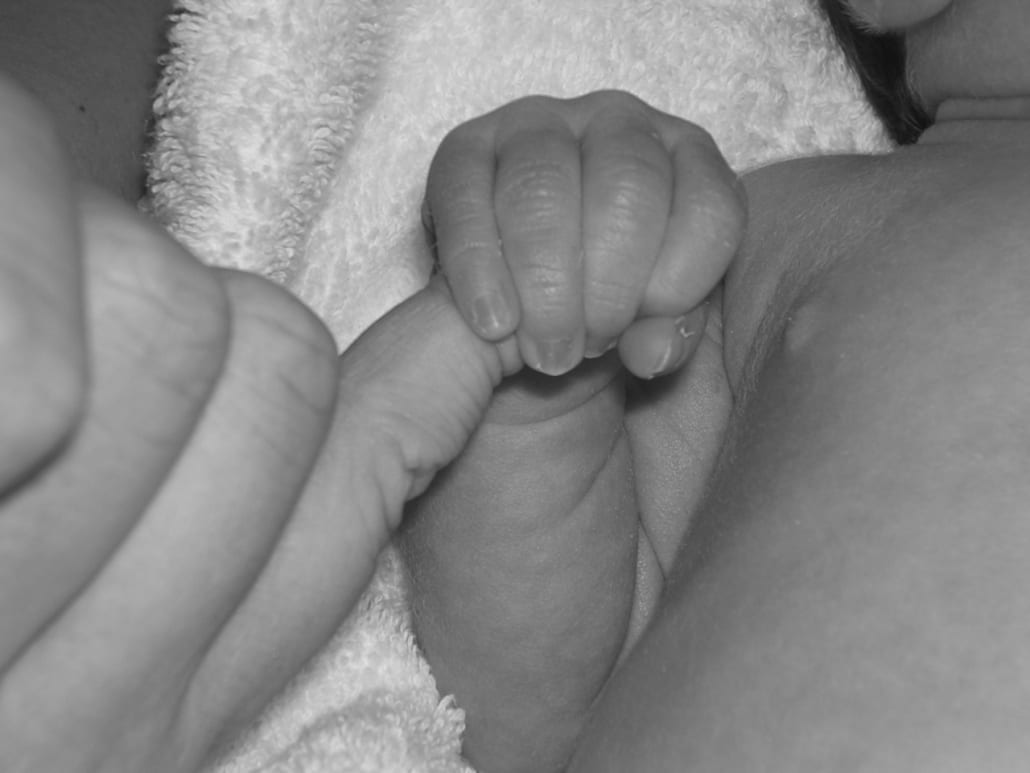This, perhaps, is not going to be the most closely reasoned of my pieces, mainly because there is a good deal of emotion involved, and also because as someone who read history at university and has a continuing interest in that field, I see the historical parallels, and fear greatly for where western society as a whole is heading.
The revised New York abortion statute which basically allows abortion up to birth throws into stark relief the difference of outlook that exists between a secular mindset and that of the Judeo-Christian tradition. The whole ethical justification for abortion involves, at some level, the tacit rejection of the notion that, firstly, God is the author of life, and, secondly, man is made in the image and likeness of God. What the New York abortion law starkly states is that human beings are just another animal species whose numbers can be controlled by whatever means are deemed ‘humane’; and it inhabits the same bleakly utilitarian territory of moral relativism as the Third Reich’s Eugenics Law, though without the same explicitly Eugenicist language being employed in the drafting of the statute.
The abortion debate is not one that exists in isolation, but it also has grave implications for the elderly, the chronically ill, and the disabled. The cheapening of life in the womb will lead to cheapening of other forms of life that are not considered ‘viable’ for whatever reason, especially as the liberalisation of abortion laws inevitably leads to the consideration of euthanasia. To put the argument in extreme terms: why should the born have any more right to life than the unborn that the legislature of New York state has declared to be so expendable? If the evidence from Belgium and the Netherlands is to be believed, once euthanasia is conceded, usually in the form of Physician Assisted Suicide for the terminally ill, it is rapidly expanded as an “option” for the disabled, and the mentally ill. A quick survey of Pro-Life websites will furnish sufficient evidence of the steady expansion of Euthanasia once it has been legalised for ‘extreme’ cases. The idea of mercy seems to be increasingly merged with the notion of convenience, as the criterion by which who is euthanized is determined. Also, given the way in which healthcare is regulated today, the decisions regarding abortion and euthanasia will be increasingly taken out of the hands of the medical profession, and placed into the hands of government. Increasingly, the ethical standards of the West are in thrall to the relativism that enslaved the Nazis, though without their pseudo-Darwinian racial theories.
As a Christian, I believe firmly that, because life is the gift of God, and because humanity is made in God’s image and likeness, every human life is in a very real sense sacred from its beginning at conception to its end in natural death. I also believe that when one man makes the decision to take the life of another, especially an innocent, he is stepping out of his proper function as a steward of creation; and, whilst exceptions have traditionally been allowed for the workings of justice, and in the case of a Just War, these concessions are truly exceptions to the consistent ‘option for life’ that one sees in Scripture. This means that I have to go on record as opposing not just abortion, but euthanasia, as being contraventions of our common humanity given and created by God. They are both misplaced mercies. Abortion always has two victims–the child and the mother. When I was ordained, I knew about the first, but when I started in pastoral ministry, I soon came to realise that in addition to obvious victim of abortion, there is usually a second, thanks to the emotional and psychological trauma suffered by the mothers.
As a society, we seem to have come adrift from our cultural moorings in the philosophy of the Greeks and the Revelation of the Bible, and are drifting ever closer to an ethnic, moral, and societal collapse, which Western Civilisation will be extremely fortunate to survive. A culture cannot exist without basic principles, and the respect for human life is perhaps the most basic principle of all.

Presiding bishop of the United Episcopal Church of North America, bishop of the Missionary Diocese of the East, and rector of Good Shepherd Anglican Church in Waynesboro, Virginia.

